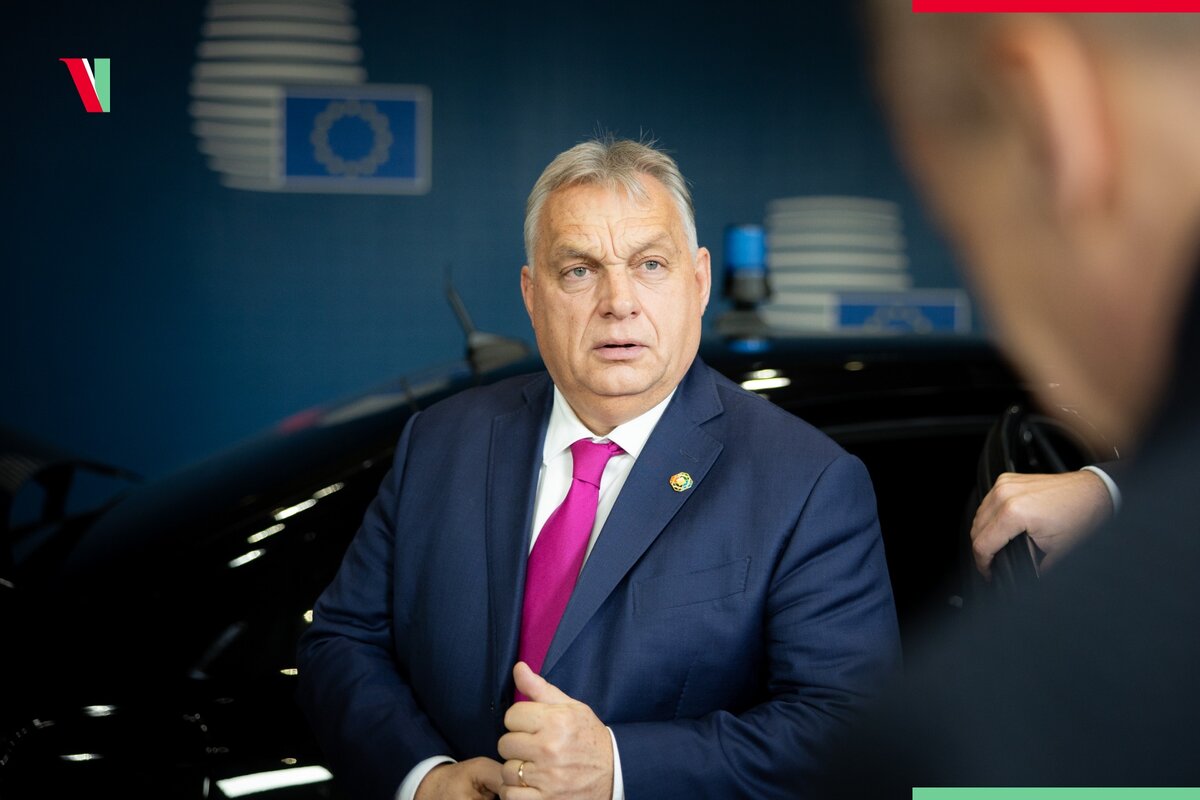Change language:
Has PM Orbán given up on adopting the euro in Hungary?

PM Orbán’s firm stance against euro adoption sparks debate among economists, arguing over its impact on growth, development, and Hungary’s economic stability.
PM Orbán: Adopting the euro is not relevant
As Telex writes, PM Orbán’s government has consistently resisted adopting the euro, frequently deferring the topic by stating it is irrelevant. This stance was echoed in 2022 by Márton Nagy, then a parliamentary nominee and now Finance Minister, who characterised the euro’s introduction as a long-term consideration, given Hungary’s economic readiness.
Recently, PM Orbán reinforced this position, arguing that adopting the euro would stifle growth and limit development, a sentiment aligning with György Matolcsy, Hungary’s central bank governor. Matolcsy previously highlighted the importance of the national currency in fostering economic stability and suggested euro adoption might only occur around 2030, pending mutual agreement between Hungary and the European Commission. During a recent press conference, PM Orbán said:
In my mind, joining the eurozone is not among the possible means of stabilisation.

Later, the Prime Minister further explained his stance:
Joining the eurozone will undoubtedly bring stability, but it will stifle growth and take away the opportunity for development. I think in terms of this duality, which is why I propose to Hungary that it should retain the possibility of faster development, and for this we need a national currency, and not stabilise the national currency through the eurozone.
What do the economists think?
Economists remain divided on PM Orbán’s assertion that the euro constrains growth and development. Dániel Móricz of HOLD Fund Management acknowledges the flexibility an independent currency provides, particularly in responding to economic shocks through devaluation. According to him, this can restore competitiveness and soften the impact of crises, unlike eurozone nations like Greece, which faced prolonged stagnation due to the inability to devalue their currency. However, he warns that domestic currencies can also amplify risks when economic policies are poorly managed, as seen in Hungary’s 2022 fiscal and monetary challenges, leading to a sharp devaluation of the forint.

Economist Dóra Győrffy counters that the euro has not hindered growth in Baltic states, which outperform Hungary in many areas. She argues that reliance on a weak forint to maintain competitiveness traps Hungary in low-wage development. This perpetuates the middle-income trap and stifles progress toward higher-value production. Viktor Zsiday, another investment expert, critiques Hungary’s historical mismanagement of the forint, noting its prolonged weakening and increased public preference for euros. Zsiday suggests euro adoption may ultimately impose fiscal discipline and restore stability if Hungary cannot responsibly manage its national currency.
Read also:







